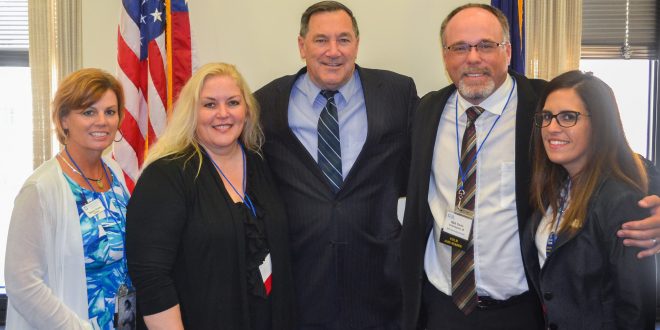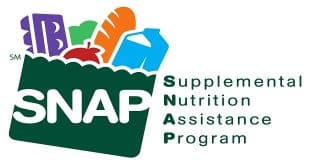Washington, D.C. — Today, U.S. Senator Joe Donnelly met with representatives from the Indiana chapter of the American Foundation for Suicide Prevention to discuss ways to help prevent suicide in Indiana. The Centers for Disease Control and Prevention recently released a report stating that suicide has now become the second-leading cause of death among 15- to 34-year-olds, and that the suicide rate in Indiana has risen 31.9% since 1999. Donnelly has been a leading voice in the Senate to improve mental health care and address the scourge of suicide. Those efforts have included authoring legislation that has been enacted to combat suicide among servicemembers and to help law enforcement agencies establish or enhance mental health services for their officers.
Donnelly said, “I was glad to meet with Indiana’s AFSP chapter and look forward to continuing efforts to prevent suicide. Over the past few years, I’ve worked tirelessly with key partners, including AFSP, to advance and enact measures that improve access to mental health services for servicemembers and to support efforts to strengthen mental health for our law enforcement officers, but we can all agree we have more work to do to address the scourge of suicide. I’m pleased that the House will begin working to advance the companion to my bipartisan bill that aims to improve the national suicide hotline.”
Lisa Brattain, regional director of the Indiana chapter of the American Foundation for Suicide Prevention, said, “AFSP advocates were excited to meet with Senator Donnelly. We are Hoosier-land community members that have a vested interest in preventing suicide. Each has been affected by suicide through the loss of a family member. Each of our personal stories share the true impact that mental health conditions and suicide have on Hoosier families, schools, the workforce and communities. We know through research that suicide can be prevented and mental health conditions are treatable when we are informed and proactive. We are grateful for Senator Donnelly’s care and leadership on Capitol Hill regarding mental health issues. We hope, with the support of our community leaders, to make mental health a priority in Indiana, to save lives and bring hope to those affected by suicide.”
Donnelly has worked successfully on a number of bipartisan efforts to improve mental health care and prevent suicide that have been signed into law or advanced in Congress.
- MILITARY SUICIDE AND SERVICEMEMBER MENTAL HEALTH CARE: In 2014, Donnelly’s bipartisan Jacob Sexton Military Suicide Prevention Act was signed into law, requiring all servicemembers, Active, Guard, and Reserve, to have an annual mental health assessment. The Sexton Act was fully implemented by each branch of the armed services last year. The law was named after Jacob Sexton, an Indiana National Guard member who died by suicide while home on leave from Afghanistan. In 2015, building on the Sexton Act, Donnelly introduced his bipartisan “Care Package” to improve access and quality of mental health programs for servicemembers. Several provisions of the Care Package were signed into law as part of the 2015 national defense bill and the final provision was signed into law as part of the 2016 national defense bill.
- LAW ENFORCEMENT MENTAL HEALTH: To support law enforcement officers, Donnelly introduced the bipartisan Law Enforcement Mental Health and Wellness Act with Senator Todd Young in April 2017. The bill, which was signed into law in January 2018 authorizes grants for peer mentoring programs. It also directs federal agencies to develop resources for mental health providers based on the specific mental health challenges faced by law enforcement and study the effectiveness of crisis hotlines and annual mental health checks.
- SUICIDE HOTLINE: Last year, Donnelly introduced and the Senate passed the bipartisan National Suicide Hotline Improvement Act with Senator Orrin Hatch (R-UT), which would require the Federal Communications Commission (FCC) to study the national suicide prevention hotline system and to make recommendations to improve it—including whether to use a particular, easy to remember, 3-digit suicide hotline number to better connect those in peril to crucial crisis resources. The companion to the Donnelly-Hatch bill is scheduled to be marked-up Wednesday at 10 a.m. EDT in the House Energy and Commerce Subcommittee on Communications and Technology.






